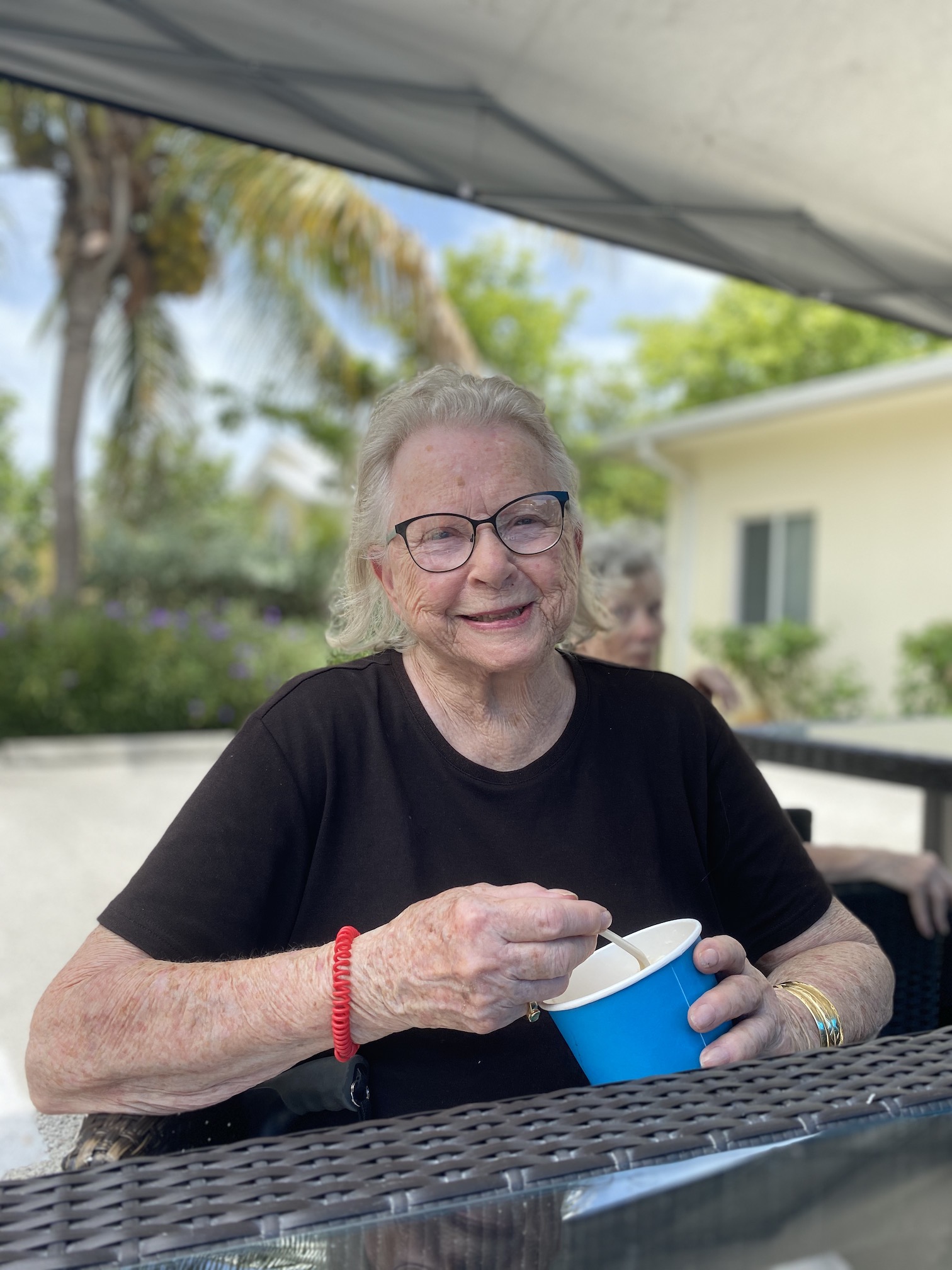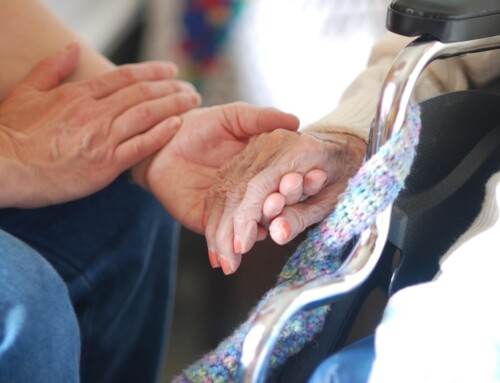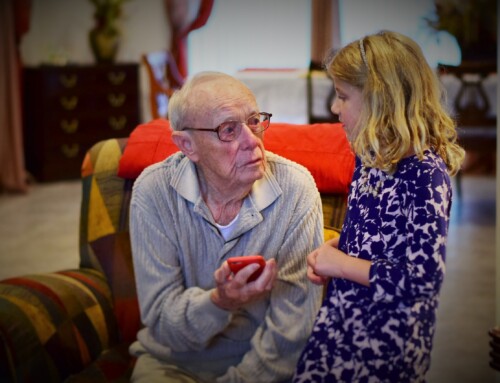Watching a loved one age and lose cognitive ability can be heartbreaking. Your once vivacious mom has become withdrawn and sad. Your dad, who was always an optimist, is suddenly agitated and angry all the time. You’ve tried to help them, cheer them up, or calm their nerves – but nothing seems to be working. You are not alone. Millions of people are taking care of loved ones who are losing their memory.

Growing older and getting confused can be scary, and everyone reacts differently. Surrounding oneself with a calm and serene environment can change their views and outlook on life.
When a Loved One Has Memory Issues
Over six million people in America are living with Alzheimer’s or dementia. Being a caregiver for someone in this condition can be stressful and exhausting. Many people feel sadness, anger, and helplessness on a daily basis. Because they can feel frustrated and demoralized, they can project these feelings onto the patient – unwittingly making the situation even more difficult.
Families and caregivers may also feel guilt and shame over considering moving their loved one to a professional residence. While these feelings are understandable, they are unfounded – today’s memory care facilities are compassionate, active, happy, and supportive places to live.
Memory care facilities provide structured environments that promote feelings of safety and security, as well as a calm environment that allows for a more peaceful attitude. That being said, these facilities also make sure that the individual stays active and engaged, enjoying their life to the fullest.
Memory care patients with cognitive impairment should be given the opportunity to celebrate small victories and think about their lives and accomplishments whenever possible. From preparing and serving nutritious meals that promote brain health to encouraging new hobbies and active lifestyles, memory care centers can inspire purpose and joy.
Why is a Calm Environment so Important?
Those with memory issues or dementia benefit significantly from having structure, schedules, and activities that calm the soul. Programs that include art projects, games, physical activity, and healthy meals provide residents with the opportunity to experience happiness again.
Physical and mental activity soothes anxiety and enhances brain function. Exercise can boost memory and brain activity, reduce insomnia, elevate mood and minimize stress and anxiety. Bring fatigued, inactive, and bored can greatly contribute to cognitive impairment in elderly individuals. Remember, physical activity does not have to be excessive to be beneficial – a simple daily walk around the facility may suffice. (If your loved one is physically able, encourage them to take yoga classes, attend a group fitness activity or take long walks around the facility grounds.)
Staying active mentally is also essential to maintaining brain health. Research indicates that participating in stimulating activities on a regular basis (such as games, puzzles, or reading) slows the progress of mild cognitive impairment (MCI).
Memory care programs adopt a custom approach to Alzheimer’s, dementia, or other forms of cognitive impairment. Administrators provide residents with a personal care plan designed to help them feel secure while providing meaningful daily experiences. Facility personnel has the professional expertise necessary to choose activities that will best benefit each resident. The environment allows seniors to establish and build relationships with one another while nurturing and addressing individual needs.
Families and caregivers who are looking for a better solution for their loved ones are invited to visit A Banyan Residence in The Villages for a personal tour.







